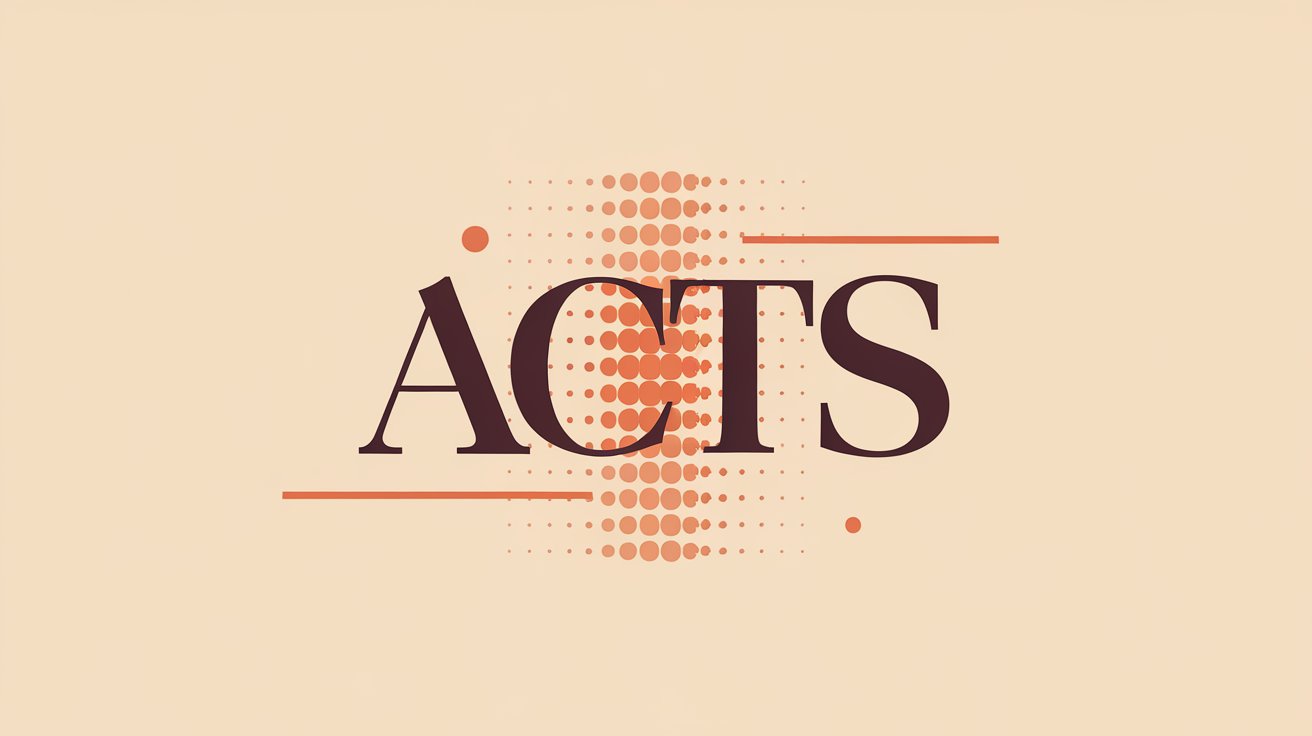About
Read the Bible
Hebrew Bible
New Testament
Study the Bible
Send a Gift
Acts 22:30
0
KJV
BSB
WEB
YLT
F.O.G Original
F.O.G
F.O.G MSG
Footnotes:
³⁰ᵉ Sanhedrin: The supreme Jewish council of 71 members that served as the highest religious and civil authority in Jerusalem.
Subscribe
Login
Please login to comment
0 Entries
Acts 22:30 Commentary

0 Entries
Have a Coffee with Jesus Read the New F.O.G Bibles Get Challenges Quicker
0
Add/remove bookmark to personalize your Bible study.

